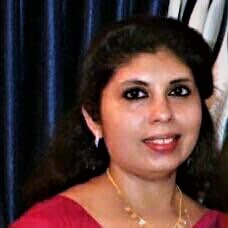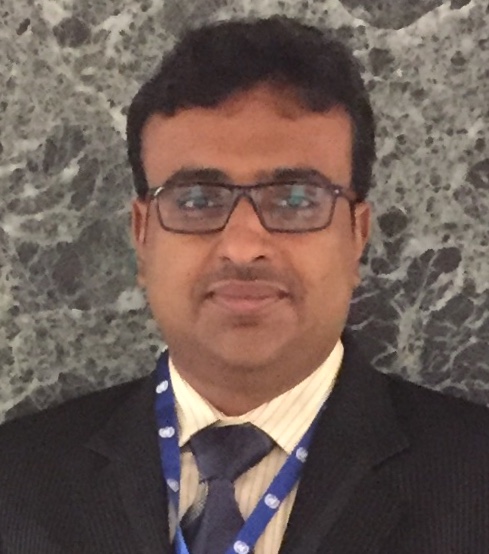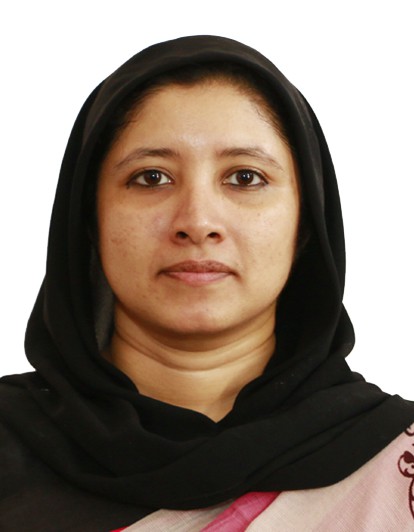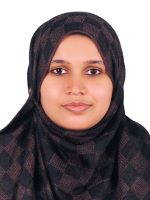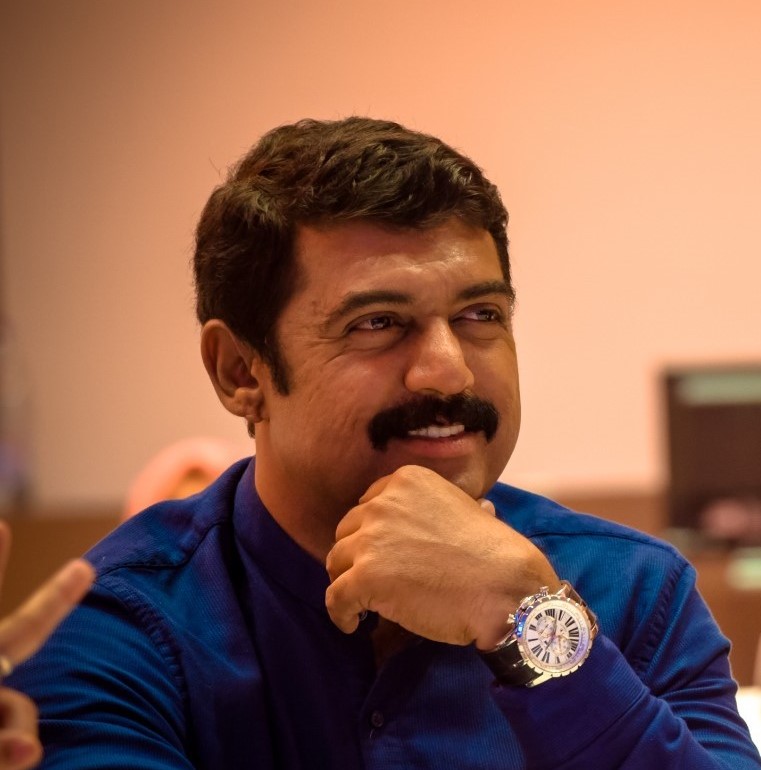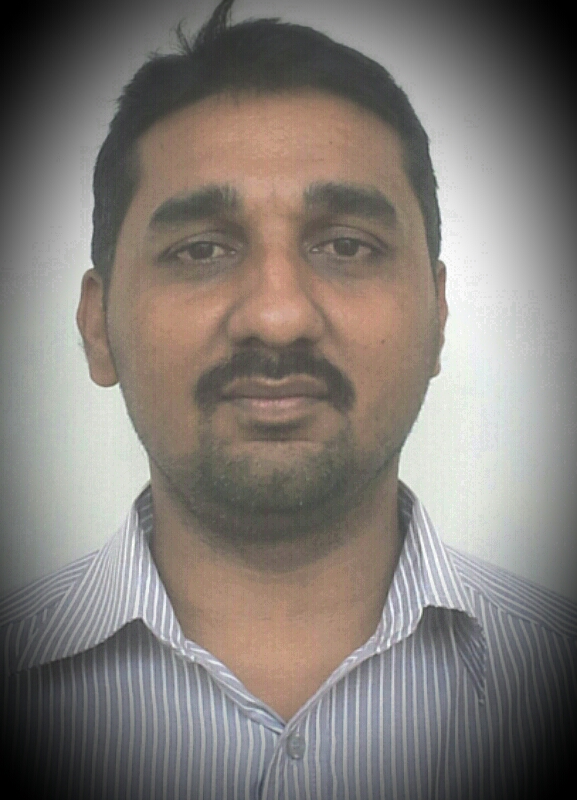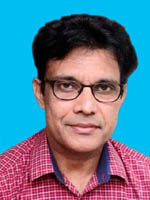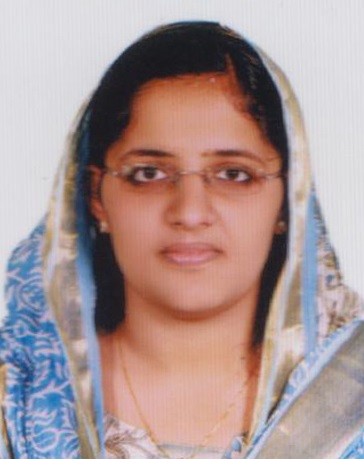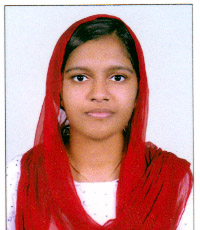Humanities
- Home
- Department
- Humanities
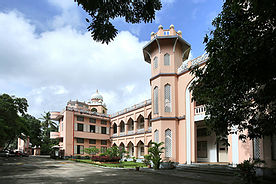
Subjects
Life skills is a mandatory non credit course for all undergraduate engineering students. The objective of this course is to make students competent enough to deal with challenges/demands of daily lives the youth face, from managing their emotions to making an informed decision. The course also helps develop students’ personality, talents, mental and physical abilities, and realize their true potential through learning to know one and others, and make effective decisions to live harmoniously in a society. This course is designed to enhance the employability and maximize the potential of the students by introducing them to the principles underlying personal and professional success, and help them acquire the skills needed to apply these principles in their lives and careers. The course is designed in a way that each module concentrates on a specific skill and the related practical use of that skill. The course handles both theory and practical sessions with equal importance. The progress of the students is evaluated not just by written examination but also with the activities in the practical hours. As an outcome, it will help students to develop leadership skills, awareness of oneself, coping with stress and emotion and usage of appropriate thinking and problem solving techniques to resolve any challenges they may confront.
| Chairman | Convener |
|---|---|
| Prof. Baiju R Naina | Dr. Amal Azad Sahib |
Design and Engineering The goal of this course is to teach undergraduate engineering students the fundamental principles of design engineering, as well as to help them comprehend the phases involved in the design process. The students will get familiarized with the basic tools, methodologies and stages used in the process, starting from problem identification to product development. Children are supposed to use design thinking in both their theory and practice, which is very significant and relevant in today's world. Learners will be able to realize case studies from a variety of real scenarios that design is concerned with many other elements such as client requirements, economy, reliability, and a variety of life cycle challenges. The course will teach students how to think about aesthetics, ergonomics, and sustainability in their designs, as well as how to design ethically. As an outcome, it will help students to develop innovative, reliable, sustainable and economically feasible designs incorporating different segments of knowledge in engineering.
| Chairman | Convener |
|---|---|
| Dr. C.A Shajahan | Dr. Sabeena Beevi K |
Professional ethics encloses the personal, and industrial standards of behaviour expected out of
professionals. Professional ethics provides a series of rules related to the way professionals
respond towards the people involved with and also the general public. It helps professionals to
be capable of making sound judgments and informed decisions.
Professional ethics is important for engineers because it targets the following objectives: 1)
create the awareness of professional ethics and human values, 2) inculcate knowledge and
exposure on safety and risk involved in actions, 3) provide basic familiarity about engineers as
responsible experimenters, on topics like research ethics, codes of ethics and industrial
standards.
The main topics covered in the course 'Professional Ethics' include morals, values and ethics;
senses of ‘engineering ethics’; theories of moral development; engineering as experimentation,
research Ethics; safety and risk; collegiality and loyalty; intellectual property rights; multinational
corporations; business ethics, environmental ethics, computer Ethics, etc. Also different case
studies will be conducted on selected topics as part of the course.
After the completion of the course, the students are expected to: i) understand the importance of
ethics, morals and values in life, ii) be able to assess safety and risk and do risk benefit
analysis, and iii) be guided to become responsible engineers, experimenters, researchers or
businessmen.
| Chairman | Convener |
|---|---|
| Dr. Rijo Jacob Thomas | Prof. Ganeshnath R |
The objective of the course 'Sustainable Engineering' is to provide the awareness among students on the environmental issues due to unscientific way of development. Thus an interest is made to develop in the mind of students on the methodology to be implemented to attain development without affecting the environment. There comes the importance of Sustainable Engineering course which emphasises the importance of sustainable development and the factors that measure the sustainable development. The course is meant to provide a general idea on the implementation and importance of sustainable engineering. This course would trigger the students to develop their ideas to utilise the renewable energy sourses which would be beneficial both in terms of environmental and economical aspects. The course also emphasises that social equality and standard of living are also the scale of measure in Sustainable Engineering. The expected outcome from this course is to make the students to incorporate their idea on sustainable development to their engineering work in future.
| Chairman | Convener |
|---|---|
| Dr. Jesna Mohammed | Prof. Fathima M Kasim |
Disaster Management is offered in the college as a mandatory course for all the undergraduate Engineering programmes. The objective of this course is to introduce the fundamental concepts of hazards and disaster management. Modern Engineering practices acknowledge the limitations imposed by the disasters on the never ending advancements in Engineering with a purpose to improve the Quality of Life of people. In the new era of climate emergency, when the number and frequency of climate change induced disasters overcome the global developmental efforts, additional stress is required for reorienting the attitude of engineers. This course is offered to budding engineers to trigger such a reorientation. It focuses on the basics of modern concepts in Disaster Risk Reduction (DRR) and Disaster Response Actions. It sheds light to the students on the common disaster types in India, Indian legislations on disaster management, National disaster management policy and the global agenda proposed by agreements like Sendai Framework for DRR.
| Chairman | Convener |
|---|---|
| Dr. Udayakumar J | Dr. Sudheer A |
| Chairman | Convener |
|---|---|
| Prof. P. Shajahan | Prof. Nisha Jayakrishnan |
| Chairman | Convener |
|---|---|
| Dr. Muhammed Zakkeer M | Prof. Amina N |
Till recently, one of the main issues of mainstream education was that the focus was on the
development of skills. The need for inculcating the right values along with skill development was
ignored. However, in line with the National Education Policy, a vision for education focussing on
the “full development of human personality” and the creation of a “just and equitable society”
has been developed by AICTE. Emphasis on Universal Human Values (UHV) is the outcome of
this.
In a move to inspire and teach human values in institutions, a UHV Cell has been formed. The
main aim of this Cell is to ensure that the members of faculty are trained in UHV and that they
are equipped to pass on the values to the student community. The Student Induction
Programme, conducted for the freshers, is grounded on UHV. Courses to teach UHV are also
included in the curriculum.
Students find value education interesting, when it is shared as a proposal for self-exploration.
Students discover the humanness in them and self-exploration becomes an effective means of
self-evolution. The experience brings out the best in students as human beings and as
professionals.
Co-ordinator
Dr. Seema K Nayar
The subject aims to imbibe the importance of constitution and helps the students to understand
their own human rights. All the key aspects of our great constitution are discussed which will
give the students the knowledge and strength to face the society and people.
The subject delves into the core values incorporated into the world's lengthiest and the most
diverse constitution, the Indian Constitution. The syllabus is so planned that students will be
able to understand the historical background, making and the salient features of our
constitution. A brief, yet valueable discussion of preamble, citizenship, fundamental rights,
directive principles of state policy, fundamental duties, amendment procedure and basic
structure of the constitution is also focussed in the syllabus.
Other modules throw light to the union executive, judiciary and legislative and its counterparts in
the state administration as well, for instance, President, Vice President, Attorney General, Chief
Justice of India, Prime Minister, Governer, Chief Minister, Advocate General etc. Students will
be able to make out how the Indian society is intertwined with the values enshrined in our
Constitution.
Furthermore, the various Committees, tribunals and other constitutional provisions which aids
the common man in numerous ways are also discussed. Overall, the course will givea holistic
understanding of the mindset of the constitutional makers.
Professional Communication is a mandatory non credit course for all undergraduate engineering students. The course was included during the 2019 scheme revision. The primary aim of the course is to develop the communicative skills of the students by helping them in improving their listening, speaking, reading and writing skills. It concentrates on making the students become confident users of English while dealing with their clients and colleagues. It will make them improve their analytical and logical skills while communicating in varied situations. The course is designed in a way that each module concentrates on a specific skill and the related practical use of that skill. The course handles both theory and practical sessions with equal importance.The progress of the students is evaluated not just by written examination but also with the activities in the practical hours. The expected outcome from this course is to make the students be better communicators in professional situations adhering to all necessary conventions.

